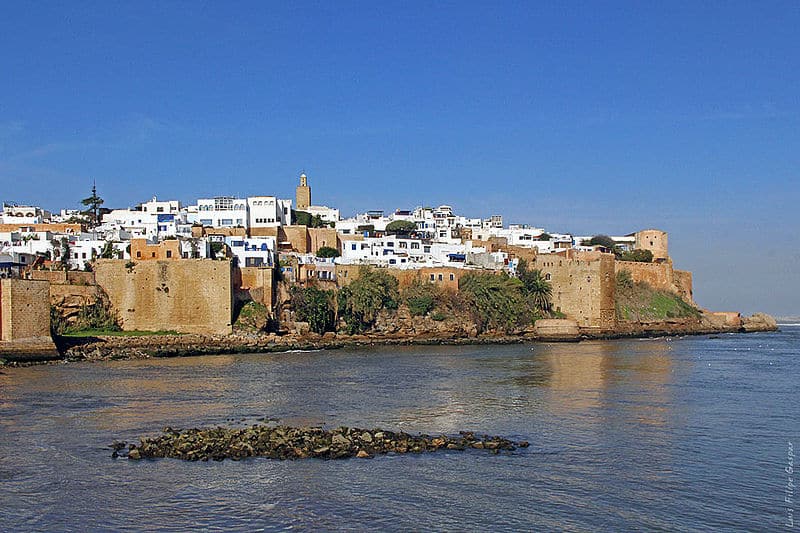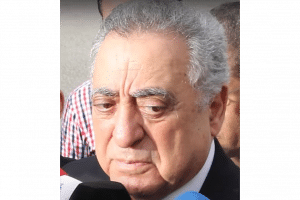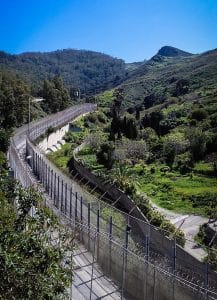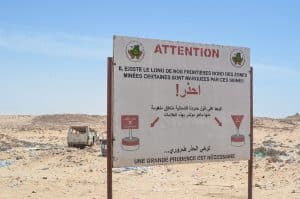On 15 July tens of thousands of people took the streets of Rabat to demonstrate against the jailing of leaders of the Hirak Rif movement. Amongst the protesters were family members of the detainees, Berber (Amazigh) groups, human rights groups and Secretary-General of the National Council Ittihadi (CNI) Abdeslam El Aziz and Secretary-General of the Unified Socialist Party (PSU) Nabila Mounib. Carrying pictures of the detained activists, demonstrators chanted “Justice”, “Free the Activists” and “Long live the Rif”. Ahmed Dgherni, one of the founders of the Berber (Amazigh) movement, called the march “a popular referendum that united different political trends” to back the cause of freedom.
Since a June 26 ruling by a Casablanca court that gave sentences ranging from 1 to 20 years for the activists, the government received a nationwide backlash. The court sentences 53 people, including protest leader Nasser Zefzafi, in connection with a protest movement that shook Morocco in late 2016 and early 2017. Demonstration erupted after a fishmonger, Mouchine Fikri, was crushed to death by a garbage truck while trying to retrieve confiscated fish in the northern city of Al-Hoceima. His death unleashed building anger over economic deprivation and humiliation suffered by the Berbers in the historically neglected Rif region. All the detained activists have said they will appeal to the court’s decision.
Opposition calls for action, government says hands are tied
In a statement to Moroccan press, PSU leader Mounib recalled that her party was among the first to show solidarity with the political activists. She decried the “disastrous decision by the state (which) threatens the stability and cohesion of the country.” Mounib also called on human rights NGOs, political parties, and citizens to participate in all marches to support the activists.
Reacting to criticism, several government officials said their hands were tied, emphasizing that the cabinet could not interfere because the judiciary is independent. Prime Minister Saad Eddine El Othmani also regretted that his government cannot intervene in the Hirak Rif case, because the “judicial power” is an independent authority. A government lawyer, Mohamed Al Houssaini Karout, said that the sentences were very light compared with what the law allowed.
The Al-Hoceima demonstrations, along with protests in the mining town of Jerada in early 2018, marked the biggest unrest in Morocco since Arab Spring protests in 2011 prompted King Mohammed IV to devolve some of his powers to an elected parliament. After the Rif protests, King Mohammed dismissed the ministers of education, planning and housing and health, as well as other officials, for falling short of implementing a development plan for the region.
Nasser Zefzafi has been named by numerous European political parties as a candidate for the prestigious Sakharov Prize 2018, granted by the European Parliament for Freedom of Thought.
Reuters / Morocco World News 1 / Morocco World News 2 / Morocco World News 3 / New York Times / Huffpost Maghreb / Jacobin Magazine / eNews Channel Africa / Image



